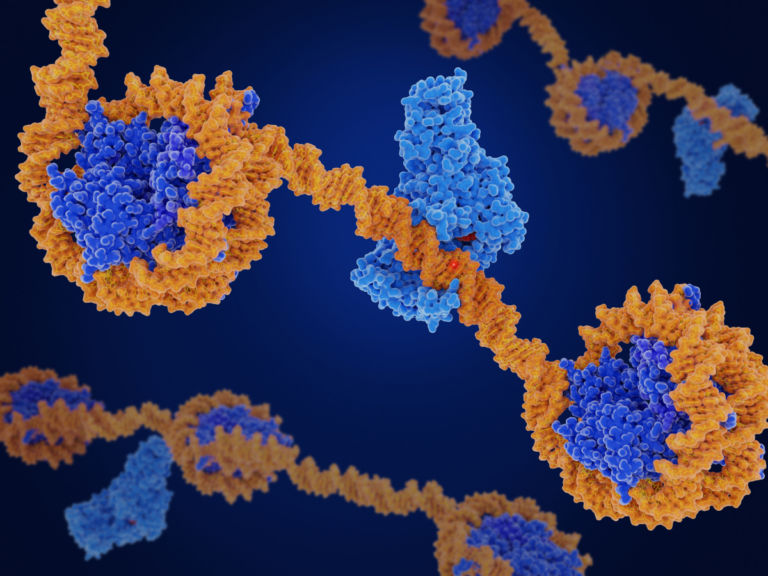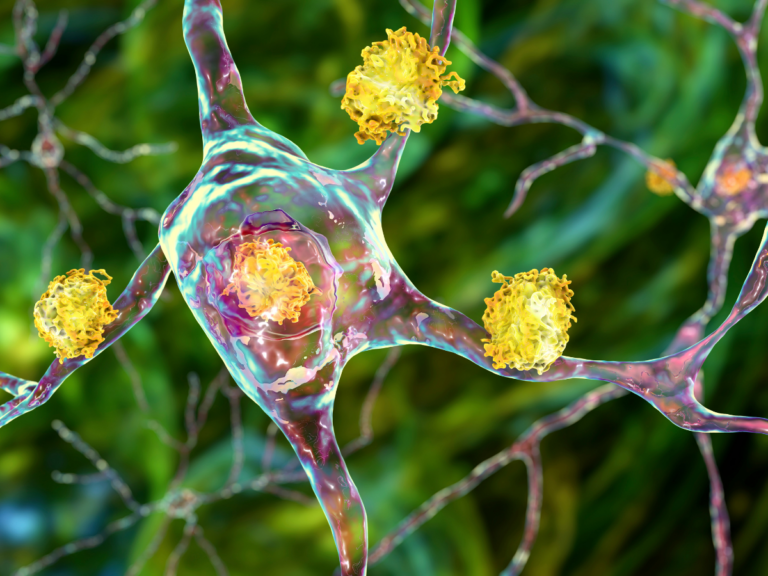Items
Jin Lab
Computational functional genomics
PI: Sheng Chih (Peter) Jin, PhD
Our mission is to provide meaningful and interpretable insight into disease biology, and define new targets for risk determination, prevention, and therapy. We are currently focusing on the formation, development, and application of human genetic, functional genomic, and bioinformatic methods to better analyze and integrate genome sequencing, single-cell RNA-sequencing, epigenomic, spatial genomic, and proteomic data. Through integration of diverse type of omics data and epigenetic functional annotations, the integrative genomic analysis will provide a better understanding of the molecular basis of cardiovascular diseases and neurological disorders. Following integrative genomic analyses, we use zebrafish and massively parallel reporter assays to precisely model human mutations.
Lawson Lab
Genetics and genomics
PI: Heather A Lawson, PhD
The Lawson Lab addresses important questions about the genotype – phenotype relationship that must be answered to understand variation in metabolic traits. Specifically: Are particular metabolic traits more genetically or epigenetically controlled? How does diet affect the relative contribution of genetics or epigenetics? Do differences in genetic and epigenetic modes of regulation result in discordance among metabolic traits?
Li Lab
Bioinformatics & Gene Regulation
PI: Yang E. Li, PhD
Investigation of both the genetic and epigenetic contributions to human diseases is a promising avenue of research. Our goal is to develop innovative computational tools/methods and utilize single-cell (epi)genomic techniques to gain a comprehensive understanding of gene regulation in mammalian models and human diseases, particularly in brain tumors and neuropsychiatric disorders.
Li Lab
Brain immunology & glia
PI: Tristan Qingyun Li, PhD
My lab is broadly interested in neuroimmunology with a focus on microglial biology. Particularly, we are interested in combining the cutting-edge single-cell genomic technology with in vitro and in vivo genetic, molecular and cellular tools to study microglial development, heterogeneity and mechanisms of neuro-immune interactions underlying brain structure and disease.
Meers Lab
Chromatin mediated gene regulation
PI: Michael P. Meers, PhD
We study how different cell types in the human body are specified at the molecular level with three major themes. 1. Transcription factor-chromatin interactions 2. Cutting-edge genomics technology development 3. Chromatin dysregulation in disease
Milbrandt Lab
Genetics and genomics
PI: Jeff Milbrandt, MD, PhD
Our laboratory studies the biological function of the GFL family of neurotrophic factors (GDNF, neurturin, persephin and artemin) that constitute the ligands for the Ret tyrosine kinase receptor, which is mutated in multiple endocrine neoplasia syndromes as well as thyroid cancers.



